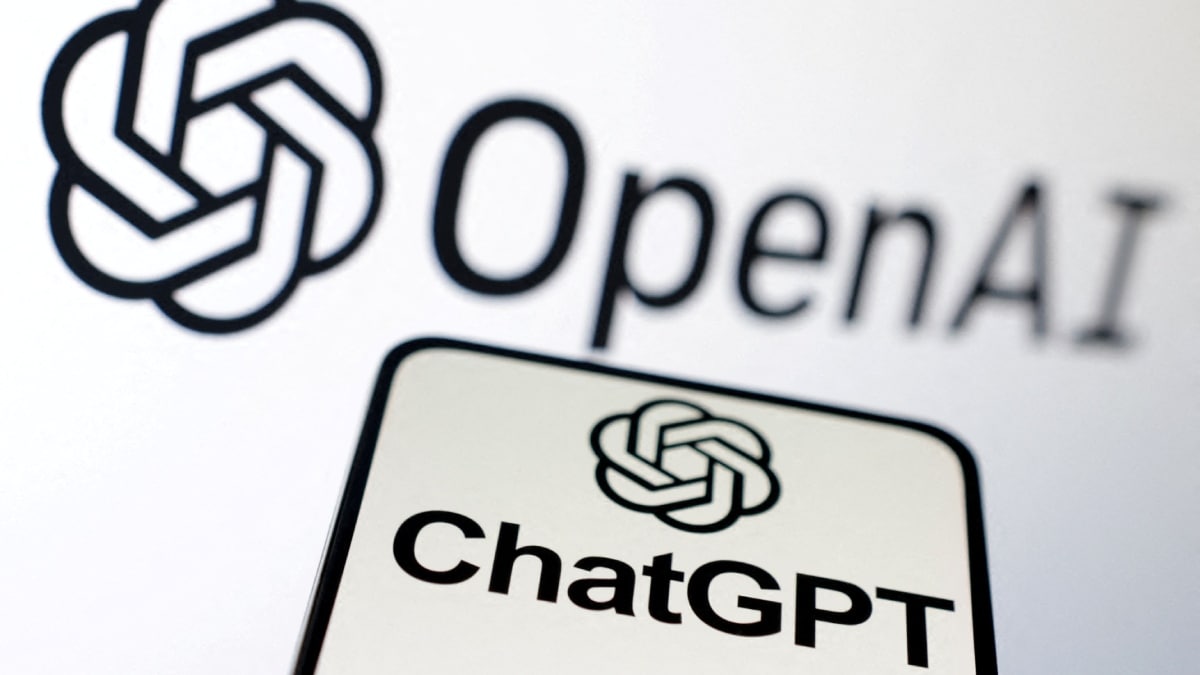ChatGPT Sees Decline in Traffic for the First Time Since It Was Launched

ChatGPT, the wildly popular AI chatbot launched in November, saw monthly traffic to its website and unique visitors decline for the first time ever in June, according to analytics firm Similarweb.
Worldwide desktop and mobile traffic to the ChatGPT website decreased by 9.7 percent in June from May, while unique visitors to ChatGPT’s website dropped 5.7 percent. The amount of time visitors spent on the website was also down 8.5 percent, the data shows.
Decreasing traffic is a sign of the chatbot’s novelty wearing off, said Similarweb’s Senior Insights Manager David Carr, while RBC Capital Markets analyst Rishi Jaluria explained the data points to more demand for generative AI with real-time information.
OpenAI did not immediately respond to a request for comment.
ChatGPT set off a frenzied use of generative AI in daily tasks from writing to coding and reached 100 million monthly active users in January, two months after its launch.
It is the fastest-growing consumer application ever, and now boasts over 1.5 billion monthly visits, one of the top 20 websites in the world.
For instance, ChatGPT has far surpassed Bing, the search engine run by Microsoft which uses OpenAI’s technology.
A few ChatGPT competitors, including Google’s Bard chatbot, have been launched in the past few months. Microsoft’s search engine Bing also provides chatbot powered by OpenAI to users for free.
“I think there are growing pains when you go from zero to 100 million users that quickly. The extraordinarily heavy infrastructure would result in less accuracy. It’s a combination of having to change what the model is trained on and having to deal with the potential implications of regulation,” said Sarah Hindlian-Bowler, head of Technology Research Americas at Macquarie.
OpenAI also released the ChatGPT app on the iOS system in May, which could sap some traffic from its website. Some also tie the usage change to the summer break for schools, as fewer students look for help with homework.
The chatbot was downloaded more than 17 million on iOS globally as of July 4, according to data.ai.
The analytics firm said downloads peaked on May 31 and has remained popular in the U.S., averaging 530,000 downloads per week in its first six full weeks of availability.
The recent slowdown in growth might help control the cost in running ChatGPT, which requires intensive computing power to answer queries. Sam Altman, chief executive at OpenAI, has described the cost of running the services “eye-watering”.
ChatGPT is free to use but also provides a premium subscription, where users can pay $20 (roughly Rs. 1,600) a month to access OpenAI’s more advanced model, GPT-4. Some 1.5 million people have signed up for the subscription in the U.S., according to the latest estimates from YipitData.
OpenAI has projected $200 million (roughly Rs. 1,644 crore) in revenue this year. Besides ChatGPT, it makes money by selling API access to its AI models for developers and enterprises directly and through a partnership with Microsoft, which invested over $10 billion into the company.
© Thomson Reuters 2023
For all the latest Technology News Click Here
